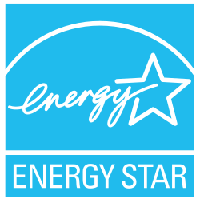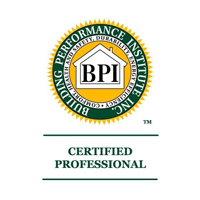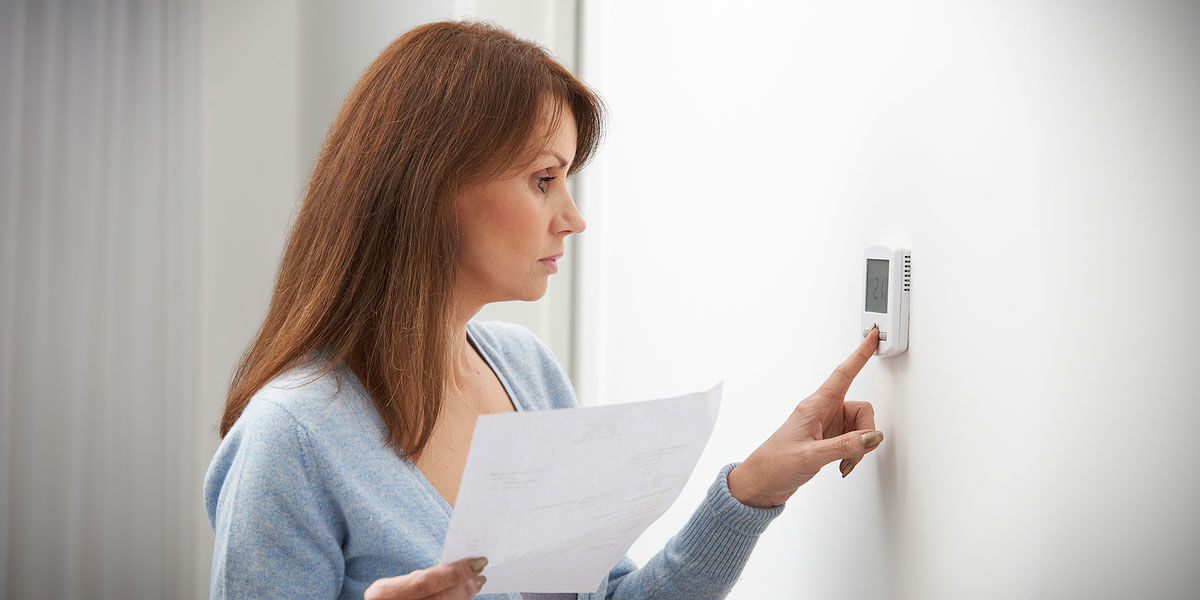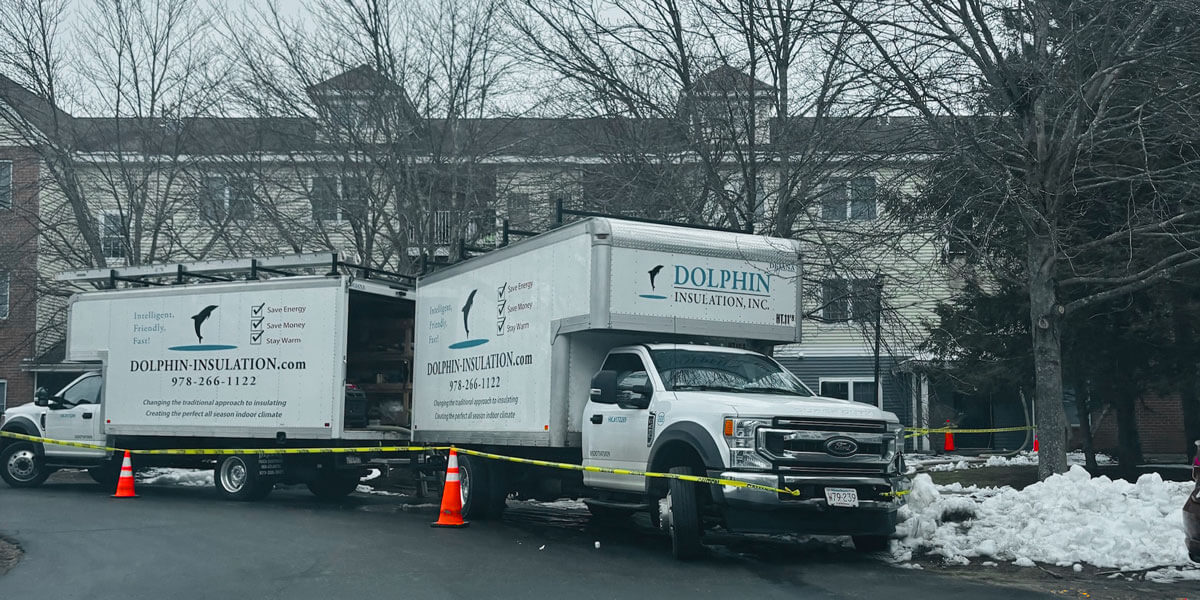If your air conditioner is well designed, properly installed, and perfectly maintained, there are still some facts that this cooling appliance is hiding from you. With most air conditioners, the advertised statistics rarely reflect the actual results that you receive, complicating the decision of what size air conditioner you need. To start with, air conditioners are tested in a sealed environment. This means that the air conditioner’s productivity will be well below what you first expect if your home is not insulated and sealed.
If your home does not have insulation to separate the summer heat from your home’s interior, you are essentially pumping cold air into the outside heat. Needless to say, your air conditioner will be much more effective when it only has to cool your home, and not your whole neighborhood! Air sealing will stop air from sneaking in to your home. It will also help to keep the cool air from your air conditioner inside.
Once your home is insulated and sealed, you are one step closer to achieving maximum results from your air conditioner. Know how to read what the air conditioner advertises in order to set expectations for the results. First, the advertised nominal capacity is not the same as the actual cooling capacity. For example, a 3 ton air conditioner has a nominal capacity of 36,000 BTU per hour, but the actual rating rarely matches these numbers. The actual capacity is generally lower than the nominal capacity–usually somewhere around 2.8 tons for a 3-ton conditioner, which is only 34,000 BTU per hour. If you know which number to expect, then you can judge how well your air conditioner performs based on its maximum potential reflected in the actual capacity.
Air conditioner ratings theoretically help you determine how big of an air conditioner you will need to cool your home. The tests for the ratings are usually done for an indoor dry bulb temperature of 80° F. Realistically, your air conditioner will be operating closer to a temperature of 75° F. Because cold air is harder to cool than warm air, your air conditioner will actually be working harder than the ratings report. This means that the actual productivity is lower than the expected productivity.
It is important to know your home’s conditions in order to get the correct size air conditioner. Air conditioners usually perform lower than their advertised rates, but this doesn’t mean you should buy an oversized conditioner to compensate. Insulating and sealing your home help to bring your air conditioner closer to its maximum potential without wasting energy. Have Dolphin install cellulose insulation in your home and consider air sealing as well in order to increase your air conditioner’s productivity, decrease your energy bill, and stay cool.















